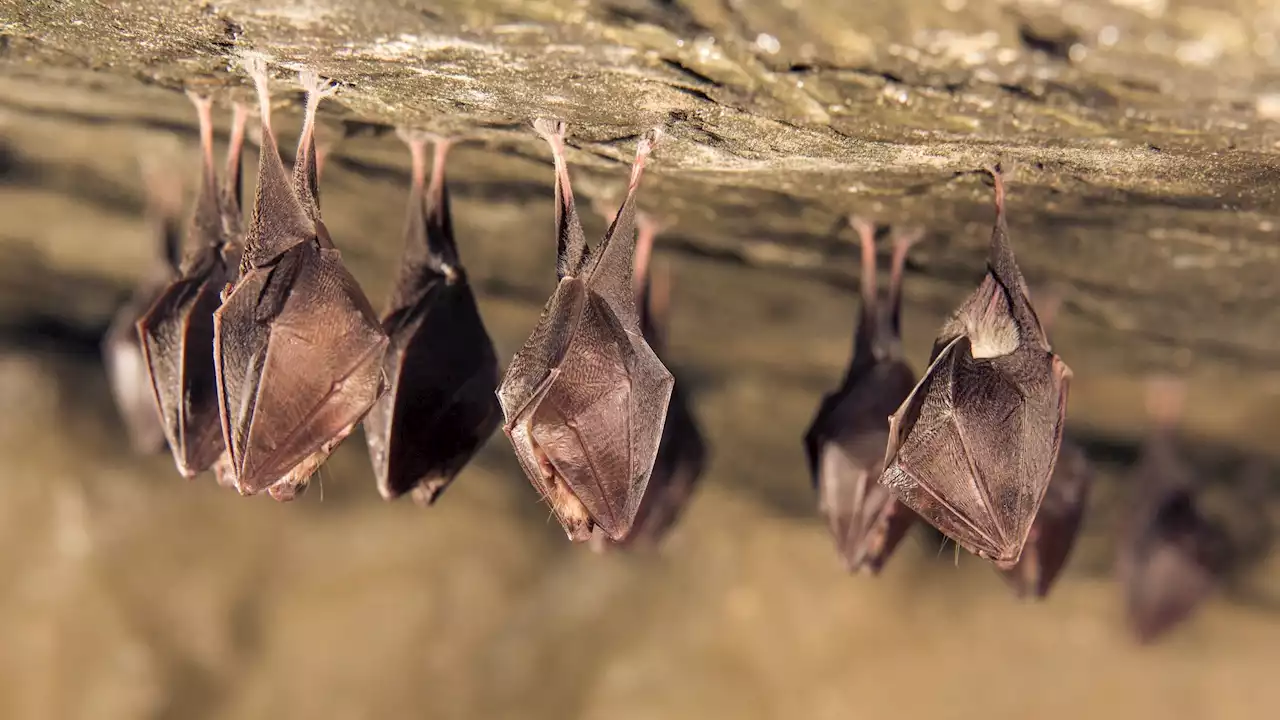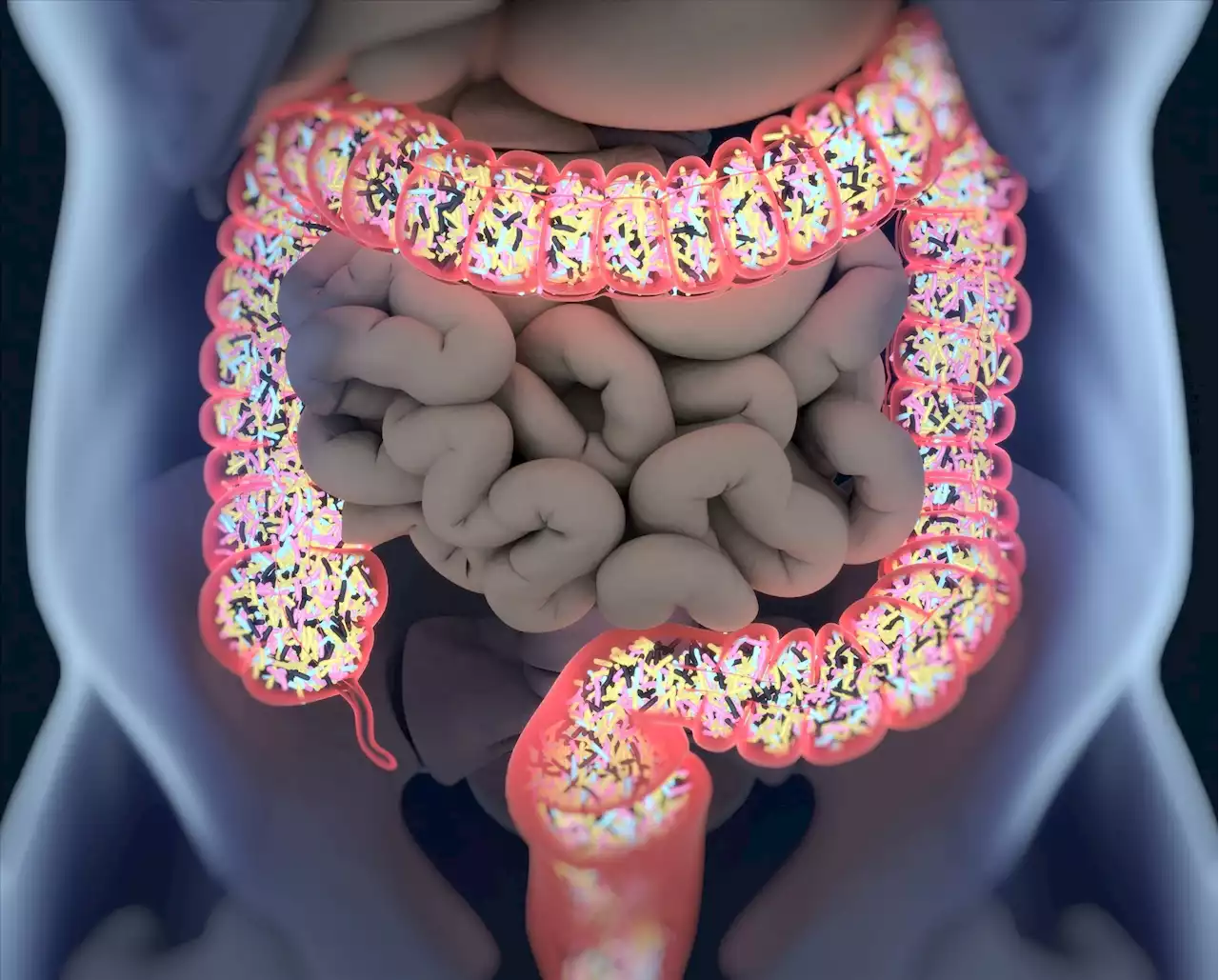Understanding the probable transmission of SARS-CoV-2 from lion to zookeepers CDC_NCEZID PotawatomiZoo covid COVID19 SARSCoV2 lion zoonotic zoonosis transmission disease outbreak pandemic
By Bhavana KunkalikarApr 19 2023Reviewed by Lily Ramsey, LLM In a recent study published in the Emerging Infectious Diseases Journal, researchers explored the possible transmission of severe acute respiratory syndrome coronavirus 2 to zoo employees from an African lion.
Zoo outbreaks often start when a zookeeper who is infected comes into close contact with others. Animal-to-human SARS-CoV-2 transmission is rare even though there have been instances of the same. All the vulnerable animals, including the lion, were vaccinated with two doses of the Zoetis experimental mink coronavirus vaccine.
Related StoriesNasal swab samples were collected from the lion on 18 December. Nasopharyngeal swab samples were collected from all employees who had been in contact with the lion within 10 days prior to its illness onset. The samples were screened using lateral flow immunoassay on 18 and 19 December.
High-quality genomic sequencing of the SARS-CoV-2 Delta variant, AY.103 lineage was achieved from ribonucleic acid extracted from the nasal swab samples. The necropsy results revealed intervertebral disc degeneration, chronic lower airway disease, chronic renal disease, and severe rhinitis.
United Kingdom Latest News, United Kingdom Headlines
Similar News:You can also read news stories similar to this one that we have collected from other news sources.
 Unravelling the factors influencing host tropism of SARS-CoV-2-related bat coronavirusesUnravelling the factors influencing host tropism of SARS-CoV-2-related bat coronaviruses biorxivpreprint tropism zoonosis covid SARSCoV2 bats COVID19 coronavirus host research
Unravelling the factors influencing host tropism of SARS-CoV-2-related bat coronavirusesUnravelling the factors influencing host tropism of SARS-CoV-2-related bat coronaviruses biorxivpreprint tropism zoonosis covid SARSCoV2 bats COVID19 coronavirus host research
Read more »
 Understanding the Coming Hybrid Solar EclipseThe rarest type of solar eclipse is coming April 20. Here's what you need to know.
Understanding the Coming Hybrid Solar EclipseThe rarest type of solar eclipse is coming April 20. Here's what you need to know.
Read more »
 A modeling-based approach to optimize COVID-19 vaccine dosing schedules for improved protectionWhile the development of different vaccines has slowed the dissemination of SARS-CoV-2, the occurrence of breakthrough infections continues to fuel the pandemic. As a strategy to secure at least partial protection, with a single dose of a given COVID-19 vaccine to maximum possible fraction of the population, delayed administration of subsequent doses (or boosters) has been implemented in many countries. However, waning immunity and emergence of new variants of SARS-CoV-2 suggest that such measures may jeopardize the attainment of herd immunity due to intermittent lapses in protection. Optimizing vaccine dosing schedules could thus make the difference between periodic occurrence of breakthrough infections or effective control of the pandemic. To this end, we have developed a mechanistic mathematical model of adaptive immune response to vaccines and demonstrated its applicability to COVID-19 mRNA vaccines as a proof-of-concept for future outbreaks. The model was thoroughly calibrated against multiple clinical datasets involving immune response to SARS-CoV-2 infection and mRNA vaccines in healthy and immunocompromised subjects (cancer patients undergoing therapy); the model showed robust clinical validation by accurately predicting neutralizing antibody kinetics, a correlate of vaccine-induced protection, in response to multiple doses of mRNA vaccines. Importantly, we estimated population vulnerability to breakthrough infections and predicted tailored vaccination dosing schedules to maximize protection and thus minimize breakthrough infections, based on the immune status of a sub-population. We have identified a critical waiting window for cancer patients (or, immunocompromised subjects) to allow recovery of the immune system (particularly CD4+ T-cells) for effective differentiation of B-cells to produce neutralizing antibodies and thus achieve optimal vaccine efficacy against variants of concern, especially between the first and second doses. Also, we have obtained op
A modeling-based approach to optimize COVID-19 vaccine dosing schedules for improved protectionWhile the development of different vaccines has slowed the dissemination of SARS-CoV-2, the occurrence of breakthrough infections continues to fuel the pandemic. As a strategy to secure at least partial protection, with a single dose of a given COVID-19 vaccine to maximum possible fraction of the population, delayed administration of subsequent doses (or boosters) has been implemented in many countries. However, waning immunity and emergence of new variants of SARS-CoV-2 suggest that such measures may jeopardize the attainment of herd immunity due to intermittent lapses in protection. Optimizing vaccine dosing schedules could thus make the difference between periodic occurrence of breakthrough infections or effective control of the pandemic. To this end, we have developed a mechanistic mathematical model of adaptive immune response to vaccines and demonstrated its applicability to COVID-19 mRNA vaccines as a proof-of-concept for future outbreaks. The model was thoroughly calibrated against multiple clinical datasets involving immune response to SARS-CoV-2 infection and mRNA vaccines in healthy and immunocompromised subjects (cancer patients undergoing therapy); the model showed robust clinical validation by accurately predicting neutralizing antibody kinetics, a correlate of vaccine-induced protection, in response to multiple doses of mRNA vaccines. Importantly, we estimated population vulnerability to breakthrough infections and predicted tailored vaccination dosing schedules to maximize protection and thus minimize breakthrough infections, based on the immune status of a sub-population. We have identified a critical waiting window for cancer patients (or, immunocompromised subjects) to allow recovery of the immune system (particularly CD4+ T-cells) for effective differentiation of B-cells to produce neutralizing antibodies and thus achieve optimal vaccine efficacy against variants of concern, especially between the first and second doses. Also, we have obtained op
Read more »
 Study indicates that the planetary health diet increases probiotic-associated bacteria in the gut microbiomeStudy indicates that the planetary health diet increases probiotic-associated bacteria in the gut microbiome Nutrients_MDPI LstSaar diet planetaryhealthdiet health nutrition microbiome microbiota bacteria gutmicrobiome guthealth
Study indicates that the planetary health diet increases probiotic-associated bacteria in the gut microbiomeStudy indicates that the planetary health diet increases probiotic-associated bacteria in the gut microbiome Nutrients_MDPI LstSaar diet planetaryhealthdiet health nutrition microbiome microbiota bacteria gutmicrobiome guthealth
Read more »
 Is there a correlation between acute and chronic red wine intake and health?Is there a correlation between acute and chronic red wine intake and health? Nutrients_MDPI redwine wine winebenefits winehealth redwinebenefits health healthbenefits diet meditteraneandiet meddiet nutrition
Is there a correlation between acute and chronic red wine intake and health?Is there a correlation between acute and chronic red wine intake and health? Nutrients_MDPI redwine wine winebenefits winehealth redwinebenefits health healthbenefits diet meditteraneandiet meddiet nutrition
Read more »
 Edible mushrooms: the role of antioxidant compounds as potential candidates for neurodegenerative disease prevention and treatmentEdible mushrooms: the role of antioxidant compounds as potential candidates for neurodegenerative disease prevention and treatment Nutrients_MDPI unibait mushrooms fungi antioxidants neurodegenerative disease brain health diet
Edible mushrooms: the role of antioxidant compounds as potential candidates for neurodegenerative disease prevention and treatmentEdible mushrooms: the role of antioxidant compounds as potential candidates for neurodegenerative disease prevention and treatment Nutrients_MDPI unibait mushrooms fungi antioxidants neurodegenerative disease brain health diet
Read more »
